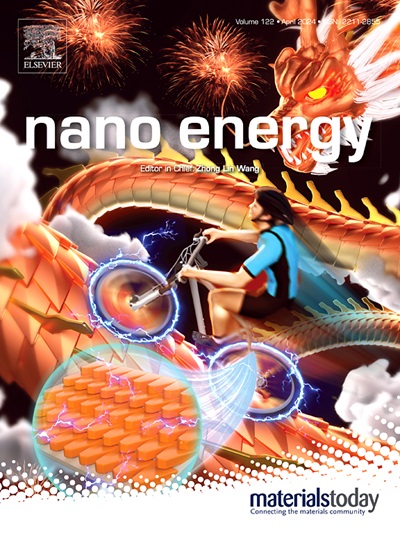Performance enhancement from catalysts to membrane electrode assemblies for high-temperature proton exchange membrane fuel cells
IF 16.8
1区 材料科学
Q1 CHEMISTRY, PHYSICAL
引用次数: 0
Abstract
High-temperature proton exchange membrane fuel cells (HT-PEMFCs) show broad application perspectives due to their faster reaction kinetics and tolerance to fuel/gas impurities as well as the easy water/heat managements. However, the catalysts and subsequent membrane electrode assemblies (MEAs) are still suffering from performance degradation, which severely restricts HT-PEMFCs’ large-scale practical application. To overcome the challenges, developing high-performance catalysts and MEAs with advanced materials and optimized structures to achieve stable and efficient operation of HT-PEMFCs is necessary. To facilitate the research and development of HT-PEMFCs, a comprehensive overview of the latest developments in the design of active and stable catalysts and durable MEAs is presented in this paper. This review systematically summarizes the degradation mechanisms of catalysts, and corresponding mitigation strategies for improving the stability of catalysts and MEAs, aiming to effectively developing high-performance and durable HT-PEMFCs. Furthermore, the main challenges are analysed and the future research directions for overcoming the challenges are also proposed for developing high-active and stable catalysts and MEAs used in HT-PEMFCs toward practical applications.

求助全文
约1分钟内获得全文
求助全文
来源期刊

Nano Energy
CHEMISTRY, PHYSICAL-NANOSCIENCE & NANOTECHNOLOGY
CiteScore
30.30
自引率
7.40%
发文量
1207
审稿时长
23 days
期刊介绍:
Nano Energy is a multidisciplinary, rapid-publication forum of original peer-reviewed contributions on the science and engineering of nanomaterials and nanodevices used in all forms of energy harvesting, conversion, storage, utilization and policy. Through its mixture of articles, reviews, communications, research news, and information on key developments, Nano Energy provides a comprehensive coverage of this exciting and dynamic field which joins nanoscience and nanotechnology with energy science. The journal is relevant to all those who are interested in nanomaterials solutions to the energy problem.
Nano Energy publishes original experimental and theoretical research on all aspects of energy-related research which utilizes nanomaterials and nanotechnology. Manuscripts of four types are considered: review articles which inform readers of the latest research and advances in energy science; rapid communications which feature exciting research breakthroughs in the field; full-length articles which report comprehensive research developments; and news and opinions which comment on topical issues or express views on the developments in related fields.
 求助内容:
求助内容: 应助结果提醒方式:
应助结果提醒方式:


